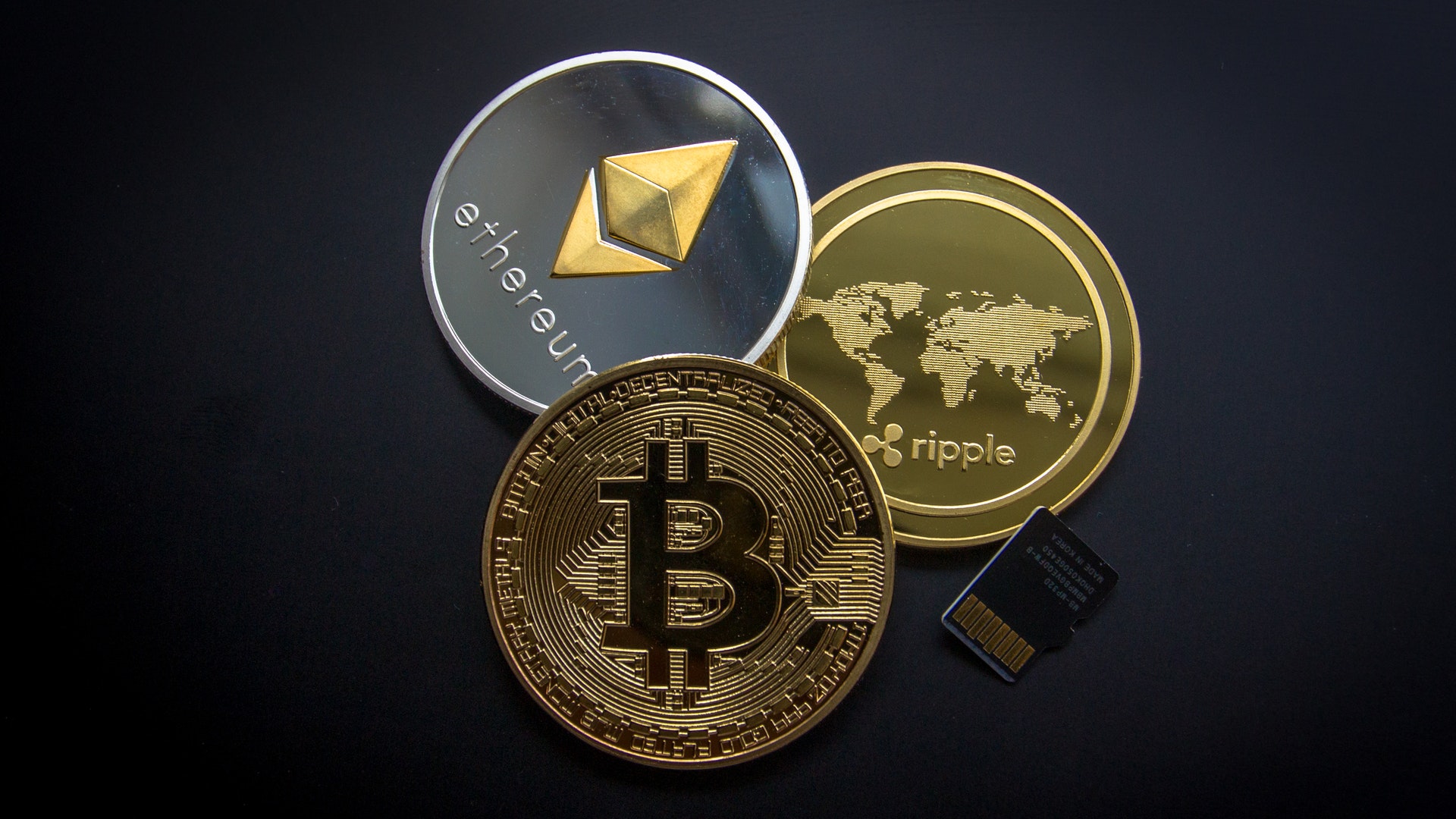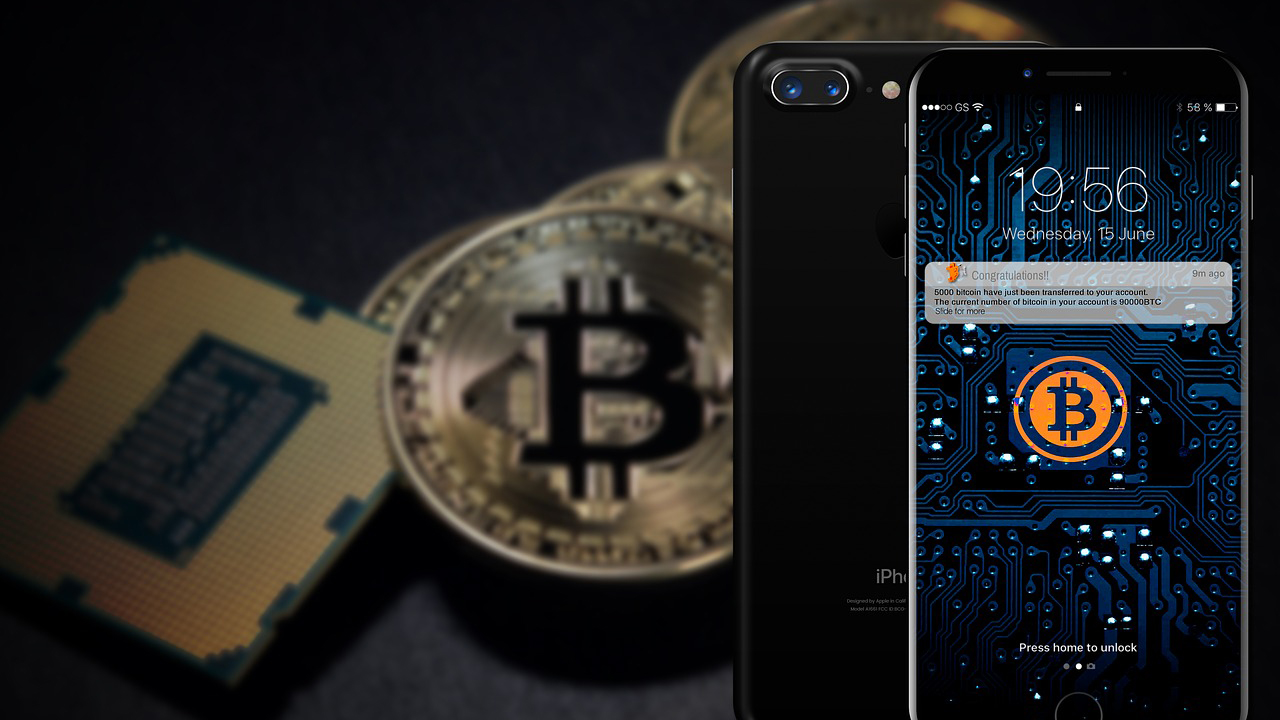
Bitcoin, as a currency or commodity, can be used to settle debt, remit money, or conduct online payments. While some participants will rarely hold on to Bitcoin for long in order to not be exposed to volatility in value, others exclusively use it to store value and speculate on its future uses.
Legally, Bitcoin holds a different status in countries around the world. While some governments regard it as a virtual currency, others have gone so far as banning its citizens from using it. As Bitcoin takes away a state’s power to arbitrarily print money, freeze accounts, and censor transactions, it is often seen as a significant threat to authoritarian regimes.
It might feel like we don’t need Bitcoin, or we may be unsure about what we might need it for. Similar to the early days of the world wide web, Bitcoin seems to mainly attract dubious characters, facilitate drug trading, or conceal other financial crimes. However, Bitcoin has the potential to transform society and build a truly digital economy in which everyone on this planet will be able to participate, free from coercion, censorship and debasement.
Banks, payment processors, and financial services remain inaccessible to the majority of Earth’s population. These people may be able to look into the digital economy that the internet has enabled, but they are unable to take part in it as entrepreneurs, producers and consumers.
With Bitcoin, they are suddenly given a tool to transmit monetary value with the same ease as sending a text message. They can support family members abroad, get paid for work online, and find cheaper alternatives to the products they consume.
Essentially, Bitcoin has the potential to challenge the status quo digital economy. That’s because it’s radically different from other forms of electronic payment:
- Interested in buying your first bitcoin? Check out our guide

1. Your transactions cannot be censored
When sending Bitcoin to somebody, nobody is able to block your transaction. You alone decide who to transact with. This also means that nobody is able to take back money that has been sent to you if they change their mind about the payment.
Sign up to the TechRadar Pro newsletter to get all the top news, opinion, features and guidance your business needs to succeed!
However, this also means that there is no central authority to take care of your dispute, like if the merchant does not deliver the goods.
2. Your Bitcoin cannot be seized
Your savings are safe from arbitrary seizures by corporations or governments. Unlike with banks and saving accounts, nobody can order the Bitcoin network to shut down during a national emergency, an economic crisis, or a banking collapse. Your accounts cannot be frozen, and your funds cannot be taken away remotely. However, robbers or police might still try to hack your devices, steal your backup codes, or force you to transfer your Bitcoin over to them through the threat of violence.

3. Bitcoin cannot be debased
Currency debasement still plagues citizens in dozens of countries around the world. The possibility of your savings evaporating and wages diminishing can be an existential threat, and owning Bitcoin can be an important part of a hedging strategy. There will only ever be 21 million Bitcoin, and we do not need to trust the founder or the network participants with not raising this limit.
Another point to remember: finance requires privacy. We do not want all our neighbors or passersby to know how much money we carry with us, and our businesses would not function the same if competitors could easily see financial strength, income, and purchasing costs.
Using Bitcoin can be far more secure and private than using traditional banking systems. The Bitcoin system challenges our assumptions of how we think money and security work, and requires us to trust ourselves and put our own resources into securing our coins.
In exchange, we can enjoy greater freedom in how we store our wealth and make and receive payments than we ever could with bank accounts, credit cards, or Paypal.
Lexie M writes about information security, bitcoin, and privacy. She is excited about empowerment through technology, space travel, and pancakes with blueberries and blogs for ExpressVPN who is TechRadar’s number one VPN provider. This is an excerpt from Lexie’s eBook called “Bitcoin Security and Privacy : A Practical Guide” which is free to download on iOS, Android, Kindle Kobo and Nook.